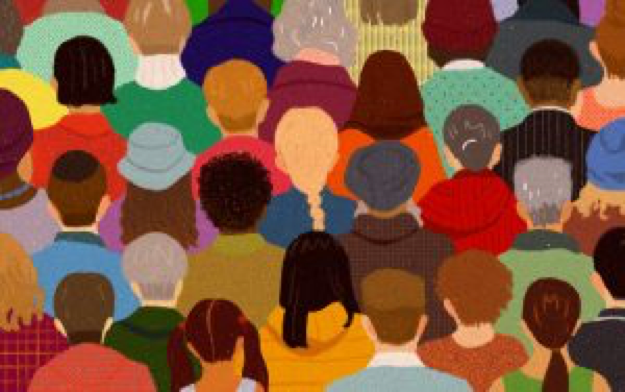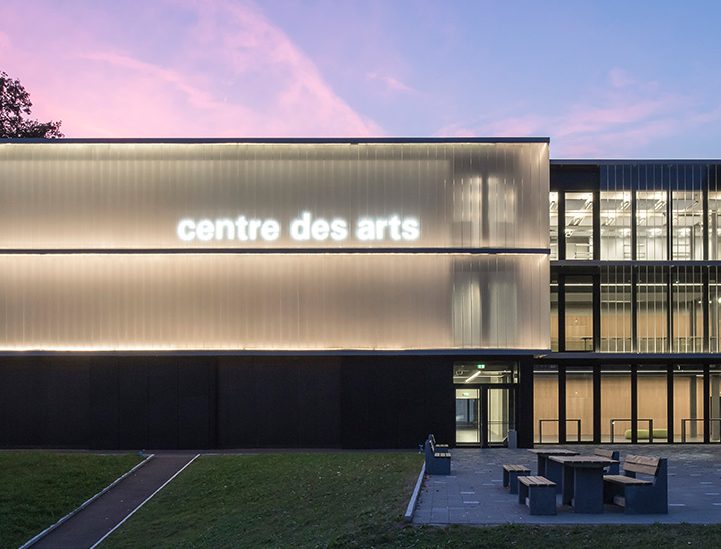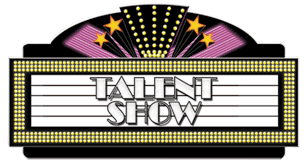Many of us at LGB hold more than one passport, come from another country, or have seen more of the world than many have the privilege of visiting. I, for one, haven’t really lived in one place for more than 5 years. Born in Bangladesh, I can hardly call myself a Bengali as I’ve only lived in my home country for the first 4 years of my life.
Travelling so much and living abroad often leads us to forget our cultural roots. It’s hard for me to embrace my Bangladeshi side when I’ve started to adapt to Swiss culture. Instead of eating biryani, I’m eating raclette; I’m walking around in shorts instead of sarees.
However, the advantages of experiencing a different culture or different environment are not going unappreciated here. Having traveled so much, I can tell stories of the things I’ve seen: things I would never have experienced had I not been to so many places. If I had the choice between travelling the world and living in one place, I wouldn’t give up this lifestyle.
Pohela Boishakh, April 14th, is the first day of the new year in Bangladesh. It’s also known as the only day my mom can convince me to throw on a saree and heels even though it’s 10 degrees outside. Despite the rain, the Bengalis in and around Geneva decided a celebration was due.

Priya Roy and Raisa Fatima celebrating their Bengali sides
In Bangladesh, my mom tells me, Pohela Boishakh is celebrated with massive fairs where you can ride mini Ferris Wheels run by a man with really strong arms, spinning the wheel using this bare hands. A nagordola, she called it. Warm samosas and chotpoti in plastic cups are sold in traditional food stalls around the fair. Men and women in bright clothing walk around listening to songs, watching traditional dances and hoping it would start to rain.
Here, in Geneva, it’s hard to experience the same thing. Yet, it brings about a sense of belonging to those who attend. I mean, it is part of my culture, my tradition, to celebrate this day, so why not make the most of it?
Sure, our school thrives with multiculturalism, but the dilution of our personal ties to our cultures is often due to this exposure to a diverse community. It’s sometimes important to take a moment to remember where you are from and take part in activities that will make you feel closer to the place you or a parent calls home.
Every once in a while, it’s nice to be reminded of the place my parents call home, the country I call my home. After all, on every form I’ve ever filled up, in every personal essay I’ve ever written and to every “where are you from?” I’ve ever replied to, Bangladesh was always my answer.
A deeper understanding of one’s own culture can help our already diverse community become ever more multicultural. Learning to put on a saree will provide me with the skills to teach my Swiss friend to put on a saree. My Swiss friend, having learned the art of making the perfect fondue, can then teach me to make the perfect fondue.
Being an international student is great, I won’t deny it. Yet, we international kids have a duty to remember our origins. Even if you barely remember the country (or countries) your parents are from, it doesn’t hurt to gain new experiences.
Indian, French, Japanese, Brazilian, Canadian, half American/half Australian: our nationalities give us our identities; it’s who we are and we should never hesitate to take pride in it.
So, where are you from?



